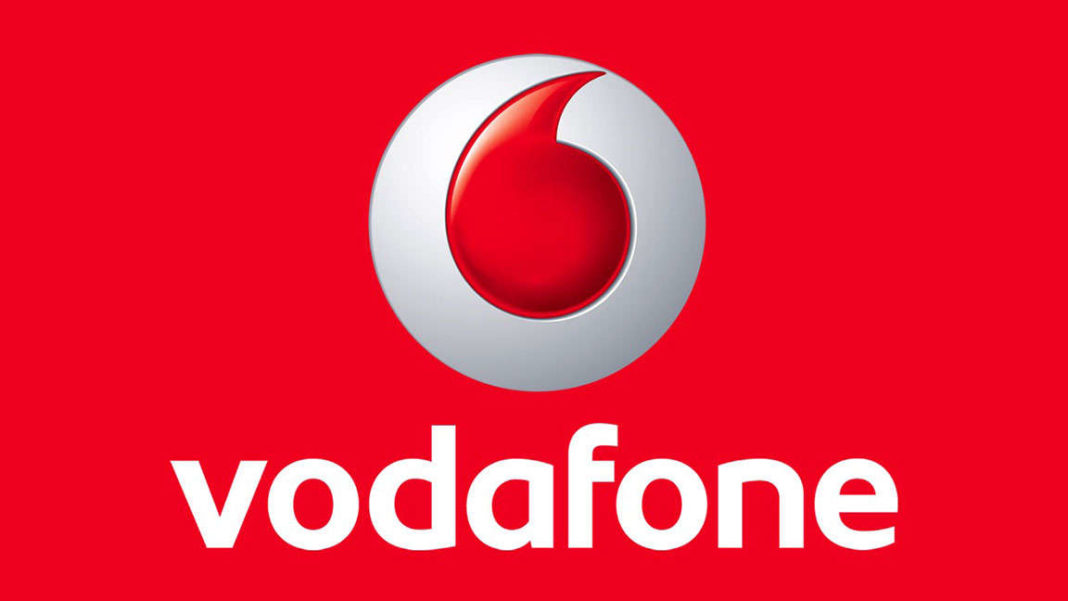Vodafone Group Plc’s Indian venture may be headed for liquidation unless the government eases off on demands for mobile spectrum fees, the phone company’s chief executive officer said.
India’s top court ordered Vodafone Idea Ltd to pay $4 billion of fees in past dues last month, upholding a government definition of gross revenue, from which licence fee and spectrum payments made by telecom operators are calculated. With another airwave auction approaching, Vodafone Idea already has $14 billion in debt and Newbury, England-based Vodafone has pledged not to put any more money into the business.
India’s telecom industry has been convulsed by a price war since Asia’s richest man, Mukesh Ambani, launched low-price rival Reliance Jio Infocomm Ltd in 2016. Ambani says the government should decline his rivals’ requests for aid.
“If you don’t get the remedies being suggested, the situation is critical,” Vodafone CEO Nick Read said at a press round-table in London on Tuesday. “If you’re not a going concern, you’re moving into a liquidation scenario—can’t get any clearer than that.”
Vodafone, which owns 45% of Vodafone Idea, wants a two-year delay on spectrum payments and lower license fees and taxes. It’s also calling for the spectrum payments demanded by the court to be spread over 10 years and is asking for a waiver on interest and penalties.
Read and Vodafone chairman Gerard Kleisterlee met Indian government officials in September and set out the relief proposals, arguing that Vodafone was the largest foreign direct investor in the country.
A government committee, headed by cabinet secretary Rajiv Gauba, is considering the request and Read said he expects to hear more from the government in the coming weeks.
Vodafone wrote off the carrying value of its share in the loss-making joint venture in the half-year results after analysts flagged the possibility of further impairments.
The company’s shares rose 4.5% after it reported better-than-expected second-quarter organic sales growth in other regions.

